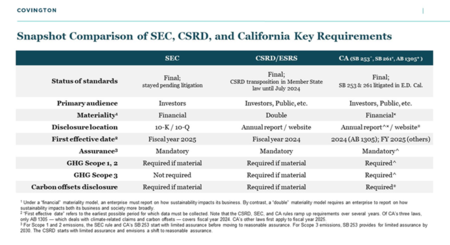Monash University researchers have developed a fast, cheap paper test that can detect bilirubin in jaundiced newborns. The tape-paper sensor is on the verge of extensive clinical trials.
The in-home test aims to detect bilirubin levels and could provide results in less than 10 minutes.
More than 60 per cent of newborns experience jaundice within 15 days of birth. A percentage of these jaundiced babies require hospital admission for a period of phototherapy
A fast, cheap paper test that can detect jaundice in newborns is on the verge of bedside validation and commercialisation, and distribution to health practitioners across the world.
The joint-development by Monash University’s Faculty of Engineering, the Monash Institute of Medical Engineering and Monash Health, has the potential to be commercialised for point-of-care diagnosis of neonatal jaundice in both homecare and hospital settings.
Monash researchers, led by Professor Wei Shen and Dr Weirui Tan from the Department of Chemical Engineering, in collaboration with clinical champions Associate Professor Dr James Doery and Dr Katrina Harris, have developed a paper test for bilirubin levels, which provides results in less than 10 minutes at a cost of about 60 cents each.
The small volume of samples and reagents needed and a simple kit could one day mean babies in remote and regional areas, and under-resourced poorer countries, could have their bilirubin levels easily monitored and life-changing treatment administered.
The use of this device could release the strain on hospital resources in major cities, including the pressure of bed shortages in hospitals.
“Home treatment of jaundice is currently limited by expensive phototherapy equipment (biliblanket), nursing visits for invasive moderate blood volume testing, and delays in blood results being made available,” Dr Harris, Medical Lead at Monash Children’s








